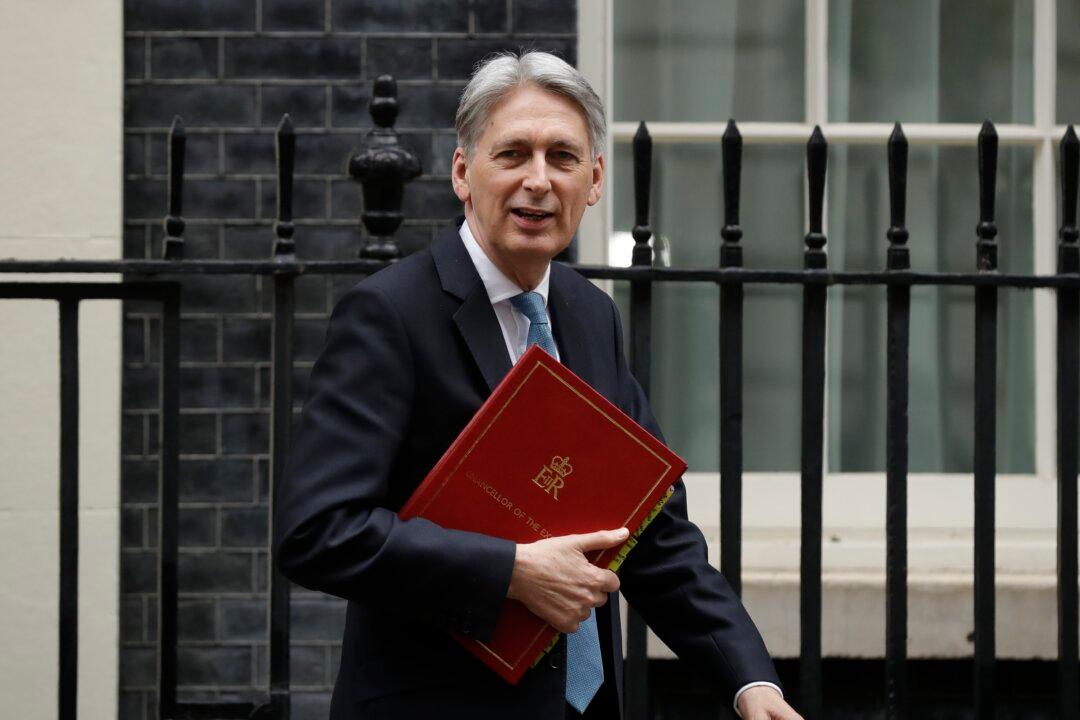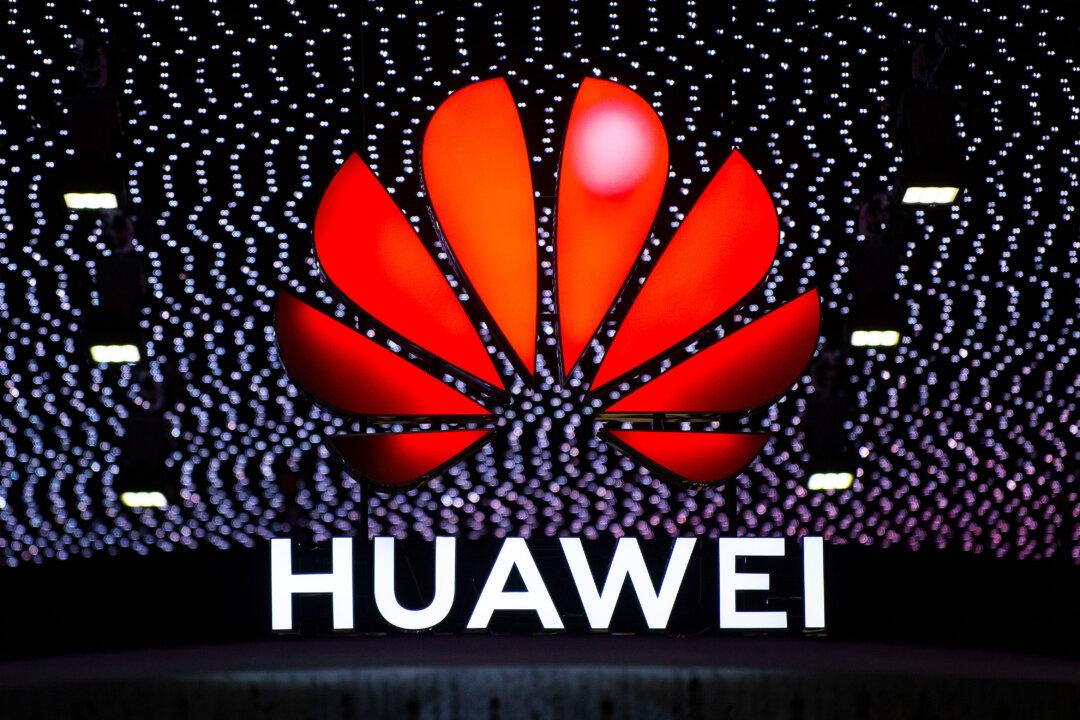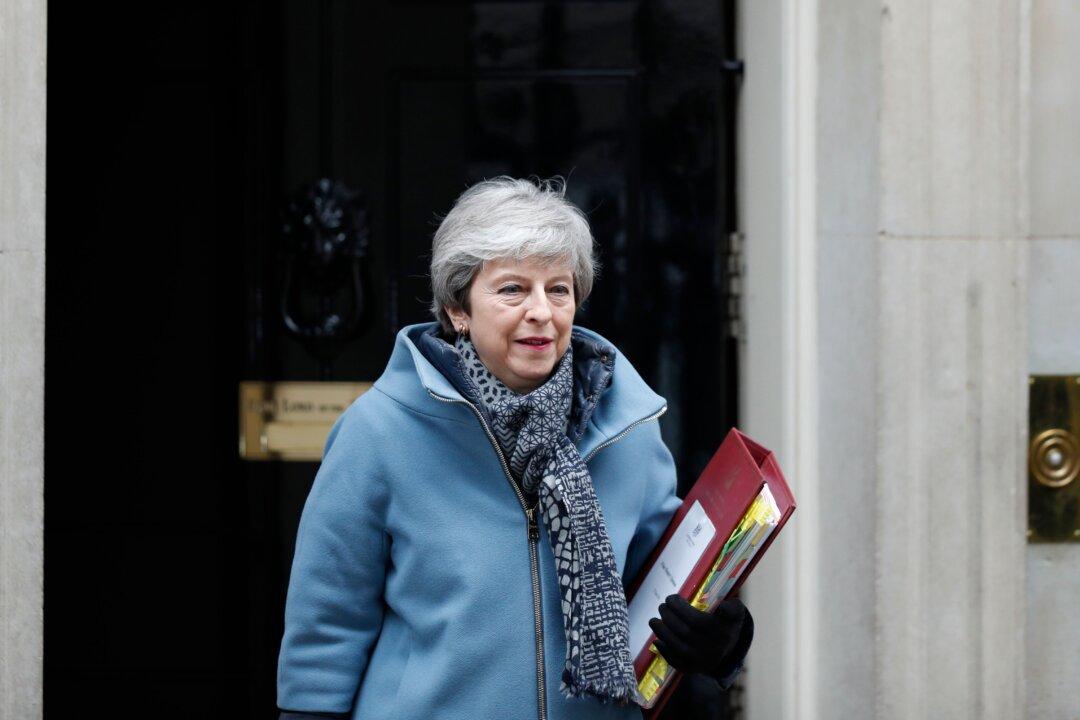LONDON—The British government has frustrated business leaders after revealing its plans for temporary tariffs should the UK leave the EU without a deal.
The new tariffs could lead to higher prices on products imported from the continent, such as cars, clothes, and beef, although many imports won’t face increases.




